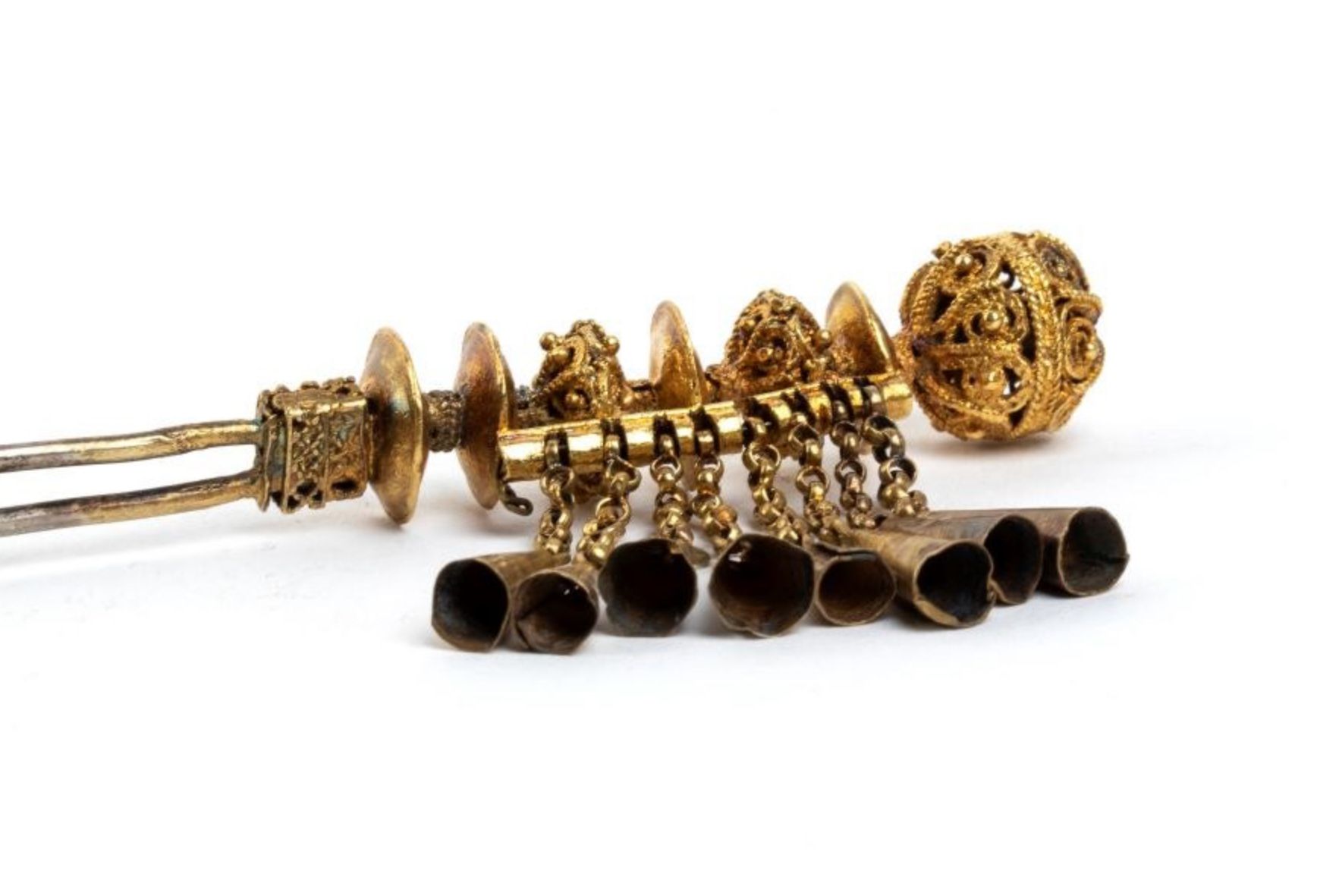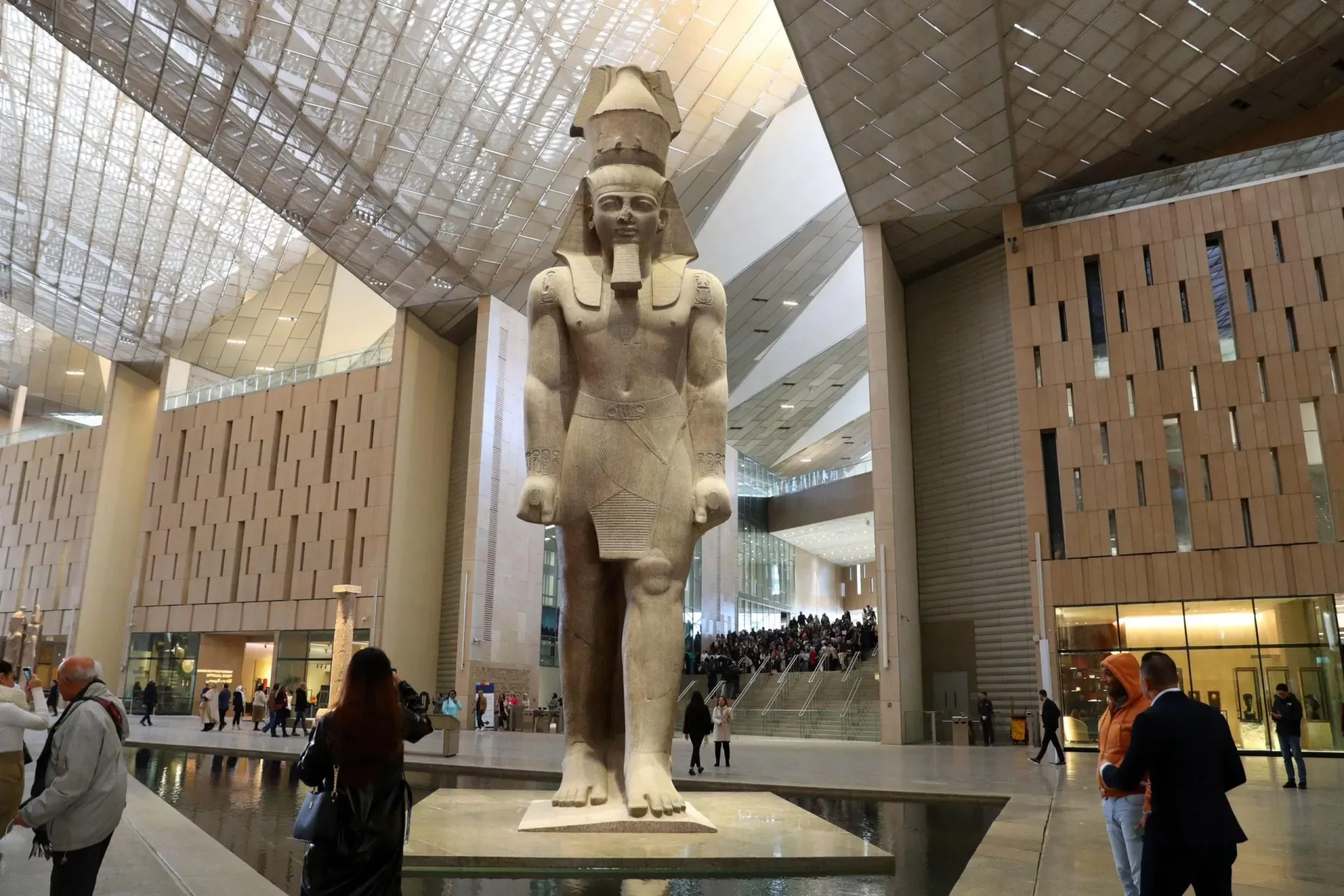Cultural Restitution
SHARE ARTICLE
The Smithsonian Institution has adopted a groundbreaking ethical returns policy, clearing the way for the Institution’s museums to return items based on ethical considerations.
With approximately 155 million artefacts and specimens held across twenty museum collections, this Smithsonian-wide policy sets a new standard for museum stewardship, one that reflects both the manner in which the collections were originally acquired and the context of their acquisition. It provides a blueprint for other global cultural institutions wrestling with the legal and ethical issues of returning contested objects.
The new policy is the result of research undertaken by the Institutions’ Ethical Returns Working Group, a team comprising around 20 curators and specialists commissioned by Smithsonian Secretary Lonnie G. Bunch III in April 2021 to consider issues relating to ethical and current best practices, shared stewardship and the ethical return of Smithsonian collections.
Defining the circumstances of an ‘unethical acquisition’ was a priority for this new ethical approach, which aims to throw a spotlight on items stolen, taken under duress or removed without the consent of the owner. Whereas before the Smithsonian’s legal title and Collections Policy prevented returning objects to communities of origin, the Institution now understands this approach caused harm to those communities in a way they now regard is ‘fundamentally inconsistent’ with their new ethical standards and institutional values. The new policy is more respectful of these communities, enabling Smithsonian museums either to return items or enter into arrangements of shared stewardship - even when no legal obligation to return or share an object exists.
“As the national museum, the Smithsonian seeks to set a standard for ethical collection practices that reflects an emphasis on shared stewardship or partnership,” a Smithsonian spokesperson told Returning Heritage. “A museum is not the sole interpreter of the cultural artefacts in its collections.” The spokesperson went on to add:
“This is a moment of self-reflection for museums as we look at artefacts that are legally in our possession and ask, ‘Should we own these?’ knowing the circumstances under which they were collected.”
It’s a bold move for a global cultural institution of the size and importance of the Smithsonian to recognise that ethical norms and best practices in the museum profession have changed. It’s even bolder for them to question what this means for their existing collections, not just for future acquisitions. As an example of this change in priorities, their new Values and Principles Statement cites the future of an object that may have been acquired legally, but whose continued control by the Smithsonian may no longer be consistent with current ethical practice and principles.
In a press statement, Lonnie Bunch reinforced this importance the Smithsonian is now placing on their ethical obligations to the places and people where the museum’s collections originated. “Among these obligations is to consider, using our contemporary moral norms, what should be in our collections and what should not,” he said. “This new policy on ethical returns is an expression of our commitment to meet these obligations.”
In March, the Smithsonian began delivering on their Working Group’s recommendations when they announced an agreement with Nigeria to repatriate the majority of the Institution’s 39 Benin artefacts. But this latest policy announcement, formally adopted as part of the Smithsonian’s Collections Management Policy on April 29, goes much further. It commits all Smithsonian museums and its collections to the new ethical returns policy.
However, there'll be no immediate torrent of repatriations. Smithsonian collections are broad and diverse – from spacecraft to fine art – and each of their collections will need to establish their own criteria and procedures before deaccessioning and returning objects on ethical grounds can begin. Also, there are occasions when the Smithsonian’s governing Board of Regents may need to step in to approve the return of objects considered of particular monetary or historical value, or when a deaccession generates significant public interest.
The pace of future repatriations may be slow, but the values, ethics and principles of the Smithsonian’s new ethical policy will be transformative - a major advance by a leading global cultural institution towards greater collaboration, understanding and knowledge-sharing.
After this was written....
A lawsuit brought by the New York-based African American organisation, Restitution Study Group, to stop the return to Nigeria of the museum's collection of Benin Bronzes was dismissed by a US district court judge in August 2023. The Smithsonian was set to return 29 Benin artefacts, leaving a further 10 Benin artefacts at the Smithsonian on long-term loan.
Photo: Smithsonian Castle exterior
Courtesy of Ken Rahaim, Smithsonian Institution
More News



